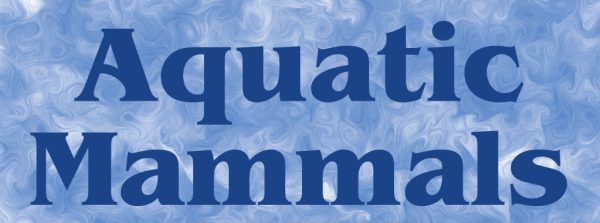Document: Article
Abstract: Mitigating cetacean entanglement in fishing gear is of global interest, and strategies include the use of acoustic deterrent devices to warn whales of fishing gear. For baleen whales, responses to these devices are poorly understood. This behavioural response study compared the behaviour of humpback whales (Megaptera novaeangliae) in their feeding grounds off Iceland prior to, during, and after exposure to a whale pinger (Future Oceans: 3 kHz, n = 9 exposures) and a seal scarer (Lofitech AS Ltd.: 10 to 20 kHz, n = 7 exposures) using boat-based focal follows. Linear mixed effects models and binary generalized linear mixed effects models were used to analyze the effect of the devices on breathing rate, dive time, swimming speed, swimming directness, and surface feeding. There was a significant increase in swimming speed and a significant decrease in observed surface feeding during whale pinger exposures. There were no significant behavioural changes that were consistent across individuals during seal scarer exposures. In addition to experimental exposure trials, a field trial of whale pingers on a capelin purse seine was conducted. During this trial, humpback whales were observed entering the net from the bottom while the whale pingers were attached at the top, but the encircled whales were able to locate an opening free of pingers and escape without damaging the net. All in all, the results suggest pingers can be a useful entanglement mitigation tool in humpback whale feeding grounds given that a reduction in feeding around nets likely reduces the risk of whales swimming through them. Furthermore, the use of pingers may also reduce net damage by guiding encircled whales to a pinger-free opening. However, given the observed behavioural changes that may lead to fitness consequences if exposure to pingers is frequent, whale pingers are most advisable for short-term use in conjunction with other entanglement mitigation measures.
Key Words: entanglement, acoustic deterrent device, behavioural response, Iceland, humpback whale, Megaptera novaeangliae
DOI: https://doi.org/10.1578/AM.46.6.2020.584
Page Numbers: 584-602
Open access: Click here for PDF

